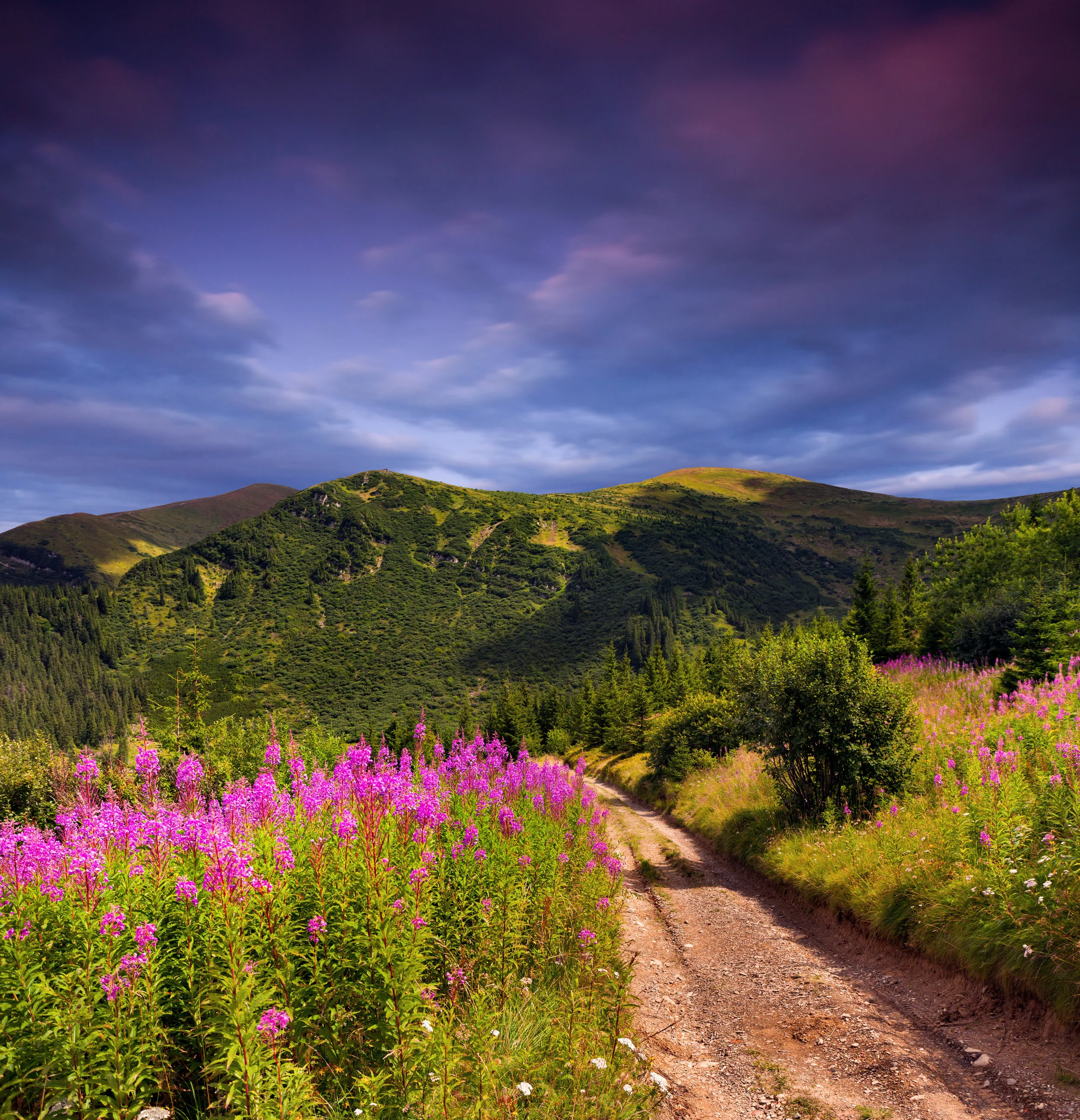“…The modern day renewal of rites of passage is essential not only for the health of the individual, but also for the health of our communities and for the planet." -School of Lost Borders
Petra Lentz-Snow has guided vision fasts and wilderness rite of passage programs for over 20 years and is currently serving as Co-Director and Board Member at the School of Lost Borders. A rite of passage is a ceremony or ritual that marks a transition into a new life stage. Some rites of passage occur naturally over the course of your life and others are brought about by crisis or a significant change in your life. The modern day renewal of rite of passage ceremonies, initiated by organizations like the School of Lost Borders, gives us the opportunity to intentionally step into our lives more fully and reclaim our indigenous soul.
In this episode, Petra gives us an in-depth look into the purpose and process of rites of passage, both naturally-occurring and intentionally sought out ceremonies, such as guided vision fasts. She takes us through the many different types of rites of passage, discusses why crisis is crucial for growth and shares about the role of the natural world in rite of passage. Enjoy, and be prepared to soak up Petra's deep, healing wisdom throughout this conversation.

